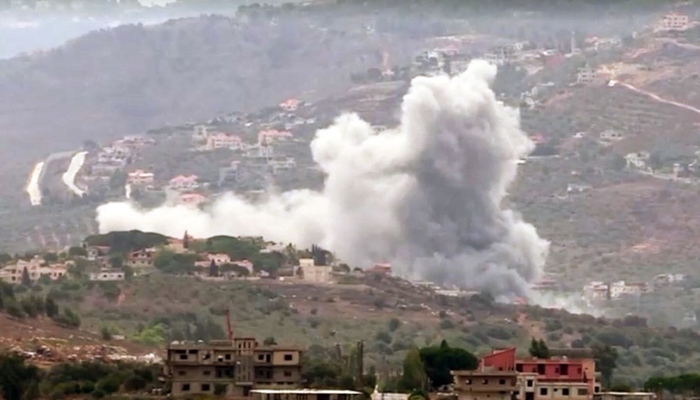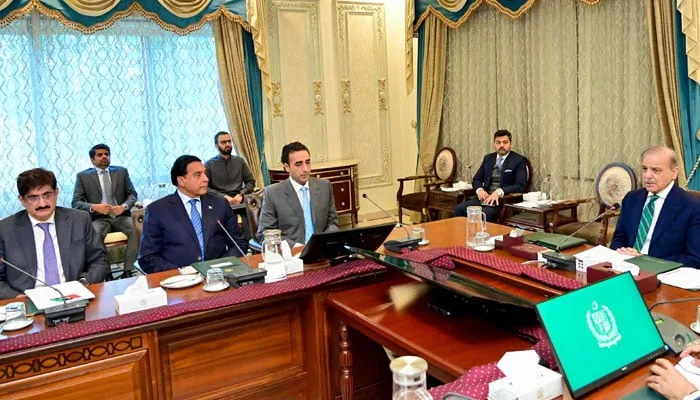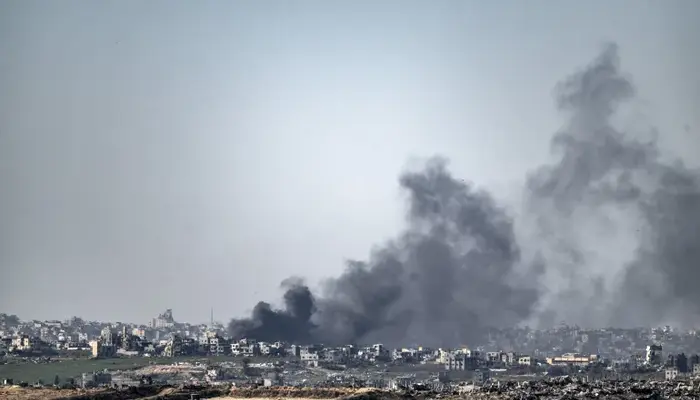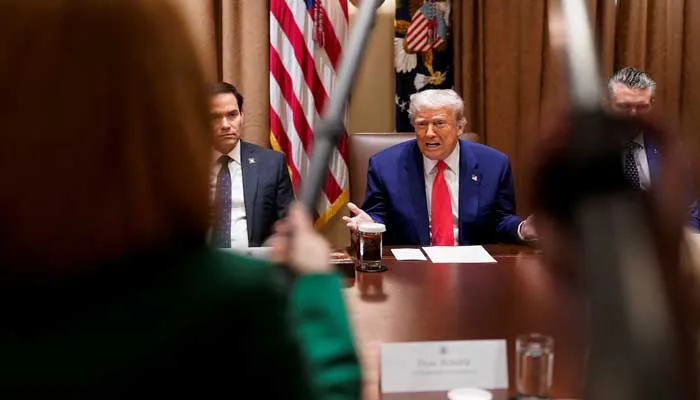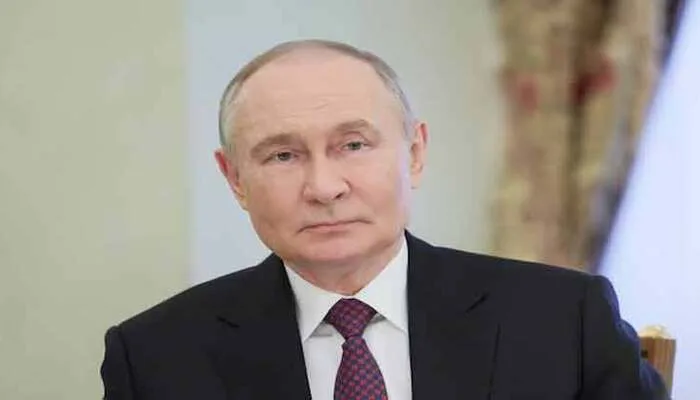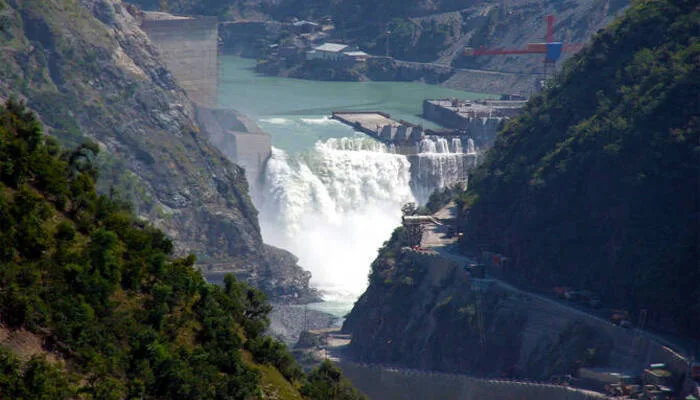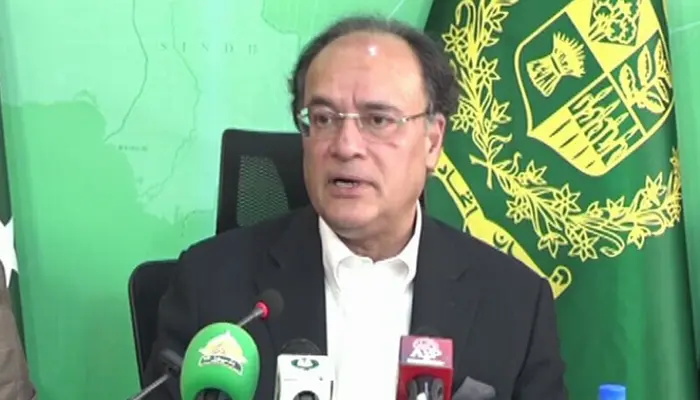
Inflation relief should directly benefit the public, said Finance Minister Muhammad Aurangzeb on Saturday, as he highlighted Pakistan’s sharp drop in inflation to its lowest level in three decades.
Inflation Hits Historic Low
According to the Pakistan Bureau of Statistics, consumer price index (CPI) inflation fell to just 0.7% year-on-year (YoY) in March 2025 — the lowest monthly figure since the early 1990s. In comparison, CPI inflation stood at 1.5% in February and a staggering 20.7% in March 2024. On a month-on-month basis, March saw a modest increase of 0.9%.
Aurangzeb clarified that this trend represents disinflation, not deflation. While disinflation signals a slower rise in prices, deflation refers to a fall in overall prices, which can harm economic activity.
ECC Tightens Monitoring
Aurangzeb emphasized that the ECC is closely observing inflation trends and has introduced new steps to maintain the downward momentum. He called for transferring the benefits of reduced inflation to households and businesses across the country.
Economic Engagements and Tariff Talks
The minister confirmed that an International Monetary Fund (IMF) mission is expected in mid-May. Contrary to rumors, no delegation is currently in Pakistan. Meanwhile, a team from Pakistan will travel to the United States to discuss the newly imposed tariffs.
Read: PM Shehbaz Endorses Digital Welfare Model of Ramazan Relief Package
Interest Rate Drops and Tax Reforms
Aurangzeb noted a significant decline in the central bank’s policy rate, which now stands at 12% after being slashed by 1,000 basis points since June 2024. He sees further room for reduction.
Boosting Revenue and Exports
Aurangzeb shared positive developments on the revenue front. The Federal Board of Revenue (FBR) is expected to post a 32.5% increase in collections this year. The tax-to-GDP ratio is projected to hit 10.6% by June 2025, with a target of reaching 13.5% in the coming years.
He mentioned that Rs413 billion has been collected from traders, up from Rs189 billion last year. Additionally, Rs105 billion was collected from new tax filers.
Exports have also shown encouraging signs, with a 7% increase reported. The auto sector has begun exporting for the first time in two months, reflecting the broader strategy to turn every sector into an export contributor.
Reserves and Remittances Show Strength
On the external front, Aurangzeb reported rising foreign exchange reserves driven by strong remittances. He expressed confidence that remittances could reach a record $36 billion this fiscal year and push reserves above $13 billion by June.
Meanwhile, short-term inflation, measured by the Sensitive Price Index (SPI), posted a 1.99% YoY decline in the week ending April 3. This marked the fifth consecutive week of negative SPI growth, mainly due to falling prices of potatoes, onions, and chicken.
The minister reiterated his belief that Pakistan must capitalize on its current economic momentum to reshape its financial future.
Follow us on Google News, Instagram, YouTube, Facebook,Whats App, and TikTok for latest updates




